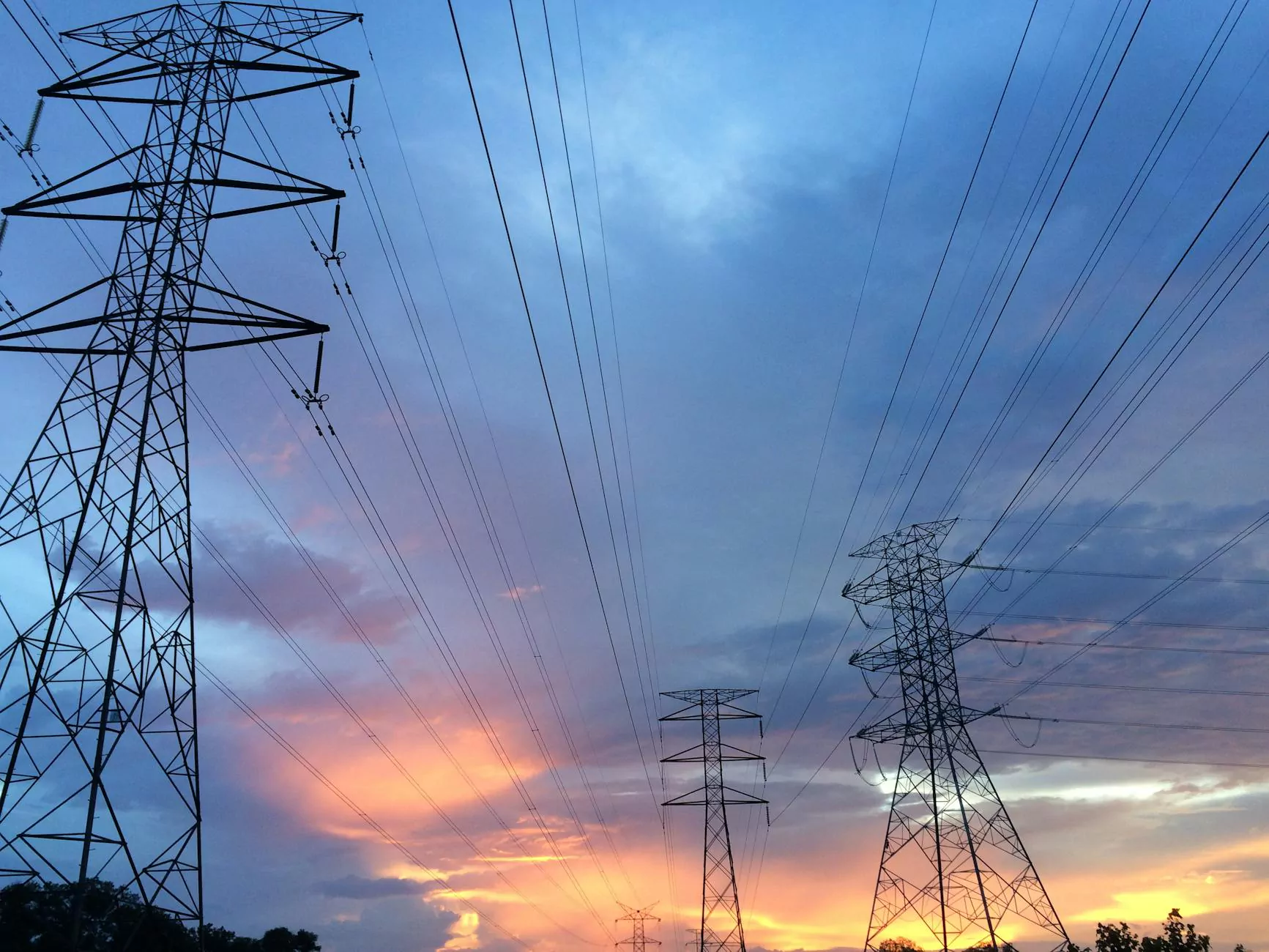The Power of Hydro Energy: Understanding What it Does

Hydro energy, also known as hydroelectric power, is a renewable energy source that generates electricity by harnessing the power of flowing water. This technology has been used for centuries and continues to play a crucial role in meeting the energy needs of businesses around the world.
How Does Hydro Energy Work?
Hydro energy works by utilizing the gravitational force of water to turn turbines, which then generate electricity. This process involves building dams or structures that control the flow of water, creating a reservoir where potential energy is stored. When the water is released, it flows through turbines, converting its kinetic energy into electricity.
The Advantages of Hydro Energy for Businesses
Businesses benefit greatly from incorporating hydro energy into their operations. Here are some of the key advantages:
- Renewable and Sustainable: Hydro energy is an abundant resource that is constantly replenished by rainfall and snowmelt, making it a sustainable option for businesses looking to reduce their carbon footprint.
- Reliable and Consistent: Unlike other forms of renewable energy like solar or wind, hydro energy is highly reliable and can provide a consistent source of power, ensuring uninterrupted operations for businesses.
- Cost-Effective: Once the infrastructure is in place, hydro energy production costs are relatively low, making it a cost-effective option for businesses in the long run.
- Low Environmental Impact: Hydro energy produces minimal greenhouse gas emissions and has a low environmental impact compared to fossil fuels, making it a cleaner energy alternative.
Applications of Hydro Energy in Business
Hydro energy is used in a variety of business applications, ranging from large-scale power generation to decentralized micro-hydro systems. Some common applications include:
- Industrial Processes: Many industrial processes require a significant amount of electricity, and hydro energy can provide a reliable and sustainable power source to meet these demands.
- Water Management: Hydro energy can also be used for water management purposes, such as pumping water for irrigation or controlling water levels in reservoirs.
- Rural Electrification: In remote areas where access to the grid is limited, micro-hydro systems can provide electricity to rural communities, empowering businesses to thrive.
Future Prospects of Hydro Energy
The future of hydro energy looks promising, with advancements in technology making it more efficient and environmentally friendly. Businesses that embrace hydro energy now are not only investing in a sustainable future but also gaining a competitive edge in the market.
In conclusion, hydro energy plays a critical role in meeting the energy needs of businesses while promoting sustainability and environmental responsibility. By harnessing the power of flowing water, businesses can enjoy a reliable, cost-effective, and clean source of electricity that benefits both the bottom line and the planet.
what does hydro energy do








